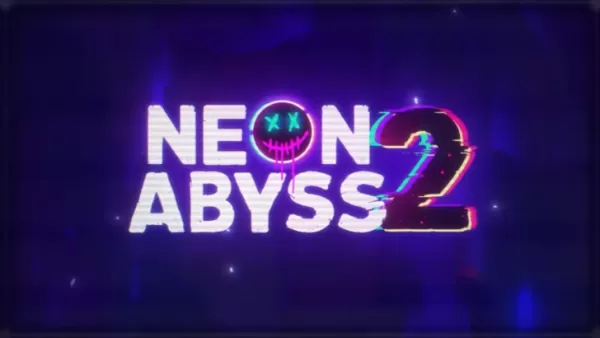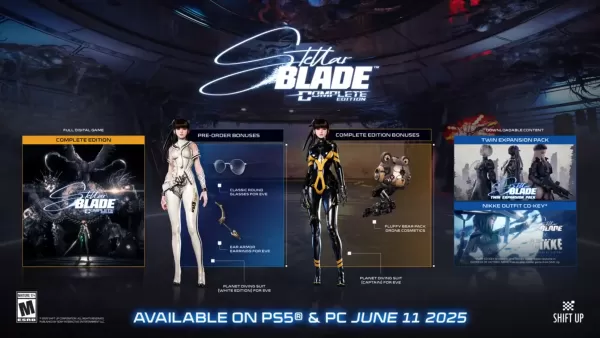Microsoft's latest venture into AI-driven gaming has stirred up a significant conversation across the gaming community. The tech giant unveiled an interactive demo inspired by the iconic Quake II, utilizing its cutting-edge Muse and World and Human Action Model (WHAM) AI systems. This demo showcases a real-time environment where every visual and player action is generated on-the-fly by AI, without relying on a traditional game engine.
Microsoft describes this demo as a dynamic space where each player input prompts the AI to generate the next gameplay moment, offering an experience akin to playing the original Quake II. The company invites players to dive into this AI-crafted world, share their experiences, and contribute to shaping the future of AI in gaming.
Despite the impressive technical feat, the demo has received mixed reactions. After Geoff Keighley, a prominent figure in the gaming industry, shared a video of the demo on social media, the response was overwhelmingly critical. Many gamers expressed concerns over the potential future of AI in game development, fearing it could lead to a decline in the human-crafted elements that make games special. Critics worry that if AI becomes the norm, it might strip away the creativity and uniqueness that human developers bring to the table.
However, not all feedback was negative. Some saw the demo as a promising step forward, highlighting its potential in early concept development and as a tool for advancing AI technology. They emphasized that while the demo itself isn't playable in a traditional sense, it represents significant progress in AI's ability to generate coherent and consistent game worlds.
The debate around this demo touches on broader issues within the gaming and entertainment industries, where generative AI has become a contentious topic. Amidst recent layoffs and industry shifts, the use of AI has raised ethical and rights concerns, as well as doubts about its ability to create engaging content. For example, Keywords Studios' attempt to develop a game entirely with AI failed, underscoring the limitations of current technology.
Despite these challenges, companies like Activision are still exploring AI's potential, as seen in their use of generative AI for assets in Call of Duty: Black Ops 6. Meanwhile, high-profile incidents, such as the AI-generated Aloy video, have sparked discussions about the rights and roles of voice actors in the age of AI.
As the gaming industry continues to navigate these complex issues, Microsoft's AI-generated Quake II demo serves as a focal point for discussions about the future of gaming, the role of AI, and the balance between technological innovation and human creativity.






![Chubby Story [v1.4.2] (Localizations)](https://images.737c.com/uploads/85/1719638042667f981a5e9f8.jpg)

